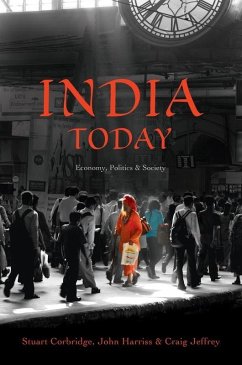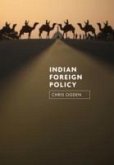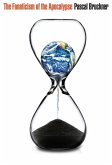Dieser Download kann aus rechtlichen Gründen nur mit Rechnungsadresse in A, B, BG, CY, CZ, D, DK, EW, E, FIN, F, GR, HR, H, IRL, I, LT, L, LR, M, NL, PL, P, R, S, SLO, SK ausgeliefert werden.
The Hindu
"If you want a smart, pithy and extremely well-informed take on thecentral issues facing India today, as well as a guide to all themain debates, then this is the book you need."
Steven Wilkinson, Yale University
"Scrupulous and wide ranging in its survey of the relevantliterature, sober and balanced in its judgements on the economy,polity and society, this book will prove indispensable forunderstanding how and why India is what it is today, and where itmay be heading."
Achin Vanaik, Former Professor of International Relations andGlobal Politics, Department of Political Science, University ofDelhi
"A magisterial inter-disciplinary work that explains howpro-business reforms drove three decades of high growth in Indiaand then explores in depth the many challenges that yet remain.India is at an exciting stage of its journey: this book capturesits achievements and vulnerabilities."
Mushtaq H. Khan, SOAS, University of London
"This is an exceptional book that will provide a useful andup-to-date overview of contemporary India for both establishedscholars and those new to the field. It is also sufficientlycomprehensive and clearly written to make a useful teachingresource for both graduate and advanced undergraduatecourses."
Trent Brown, Australian Catholic University









